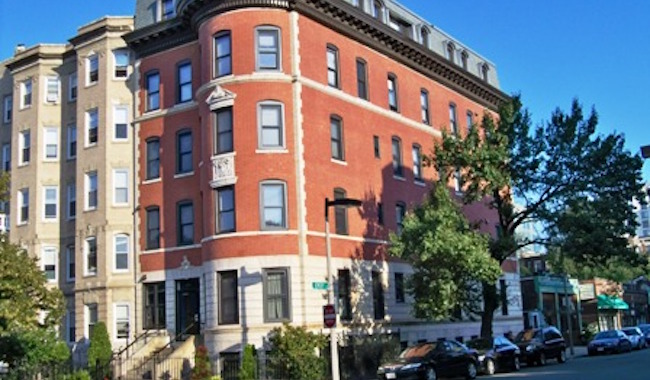
BOSTON – The 2019 budget plan approved by the House Ways & Means Committee includes $3 million for community-based residential reentry, representing the state’s largest ever commitment to support for individuals returning to the community after incarceration.
State Reps. Evandro Carvalho and Dan Cullinane first introduced the funding measure at the request of Community Resources for Justice. It would help reverse the trend of Massachusetts programs that help men and women transition back into the community being forced to close or slash services due to lack of resources.
A groundswell of support for reentry funding grew around the proposal in recent weeks, bringing together a diverse coalition of backers, including defense attorneys, the Massachusetts District Attorneys Association, the Massachusetts Sheriffs Association, Boston city councilors, county sheriffs, lawmakers, and dozens of individuals and community members who signed onto a statement supporting the budget line item. Elected officials, including sheriffs, Boston City Council President Andrea Campbell, and state Rep. Byron Rushing, D-Boston, co-authored a series of op-eds with CRJ President and CEO John Larivee to raise awareness.
“We’re grateful to our partners in the Legislature, particularly Representatives Carvalho and Cullinane, as well as Speaker DeLeo and House Ways and Means Chairman Jeff Sanchez, for recognizing the vital need for meaningful investment in reentry to support individuals and communities,” Larivee said.
“We’re thrilled to see House leaders backing up their commitment to reducing recidivism and improving the lives of individuals and whole communities through support for community-based residential reentry programs,” Larivee said. “This budget still has a long way to go before it reaches the governor’s desk, and we’re confident that the drumbeat for reentry funding will only grow over the coming months.”
The funding would be dispersed through a new grant program under the commissioner of probation’s office. Non-profit organizations could apply for grants to provide transitional housing; case management; and support finding permanent housing, employment, substance abuse and mental health counseling, and other services for men and women coming out of state prison or county jails.
At least $1 million would be earmarked to serve women and elderly individuals leaving incarceration. The probation department would also have to track and report recidivism rates of participants in reentry programs.
The funding line item marks a dramatic increase in state funding for reentry over previous years. For the current fiscal year, the state budget includes only $90,000 for reentry programs. That’s roughly the equivalent of the cost to incarcerate two individuals in state prison for a year, and only a tiny fraction of what other states spend on reentry programs. Ohio, a leader in reentry, allocated more than $66 million for state-contracted halfway houses in 2017.
Three programs that had been providing reentry support in Greater Boston – Span, Inc.; the Boston Reentry Initiative; and Overcoming the Odds – closed or scaled back their operations due to lack of funding in the past 18 months. McGrath House, CRJ’s reentry program exclusively for women, closed earlier this month, and Brooke House, CRJ’s reentry center for men in Boston’s Fenway neighborhood, is also in jeopardy of closing without additional funding.